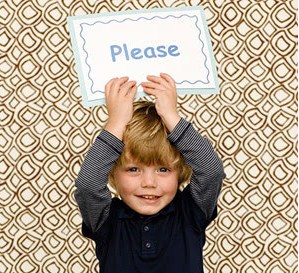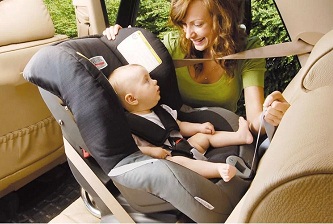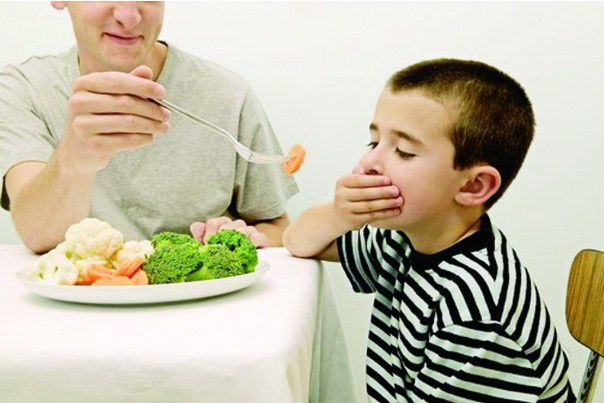Most children who hasn't been in school are received with early education in order to not lose at the beginning of their life. Someone is sent to learn the painting, dancing to be more artistic, someone is sent to learn math and more language to be ready for admission. As a matter of fact, the real early child development is to teach your child how to be a polite, elegant and educated gentleman or lady.
Today, I will share 19 child etiquette which are suggested to be learned before 9 years old from American Family. It includes five parts. How may etiquette your children have learned, ^_^.

Part one: Polite language
1. When asking for something, say “Please”

2. When receiving something, say “thank you”

3. If you wlday into somebody, immediately say “excuse me”
4. If you do need to get somebody's attention right away, the phrase“excuse me” is the most polite way for you to enter the conversation.
Part two: Decent Behavior
5. Knock on closed doors-and wait to see if there's a response-before entering.
6. Even if a play or an assembly is boring, sit through it quietly and pretend that you are interested.
7. Cover your mouth when you cough or sneeze, and don't pick your nose in public.
8. As you walk through a door, look to see if you can hold it open for someone else.
Part three: Respect
9. Don't interrupt grown-ups who are speaking with each other unless there is an emergency.
10. Don't comment on other people's physical characteristics。
11. Don't call people mean names。
12. Do not make fun of anyone for any reason.
Part three :Properly interactive
13. when you have spent time at your friend's house, remember to thank his or her parents for having you over and for the good time you had.
14. If you come across a parent, a teacher, or a neighbor working on something, as if you can help. If they say“yes”, do so -you may learn something new.
15. When you make a phone call, introduce yourself first and then ask if you can speak with the person you are calling.
16. When you have any doubt doing something, ask permission first.
Part Fore: Table Manners
17. Use eating utensils properly. If you are unsure how to do so, ask your parents to teach you or watch what adults do.
18. Keep a napkin on you lap: use it to wipe your mouth when necessary.
19. Don't reach for things at the table; ask to have them passed.
Etiquette and manners can show your morality. The above 19 daily basic etiquettes are very easy. As the parents, you should set yourself as an example for your child. Only parents show your children by your heart, your daily behavior, and patiently teaching, your child can learn etiquette very quickly.
Every parents, cheers!


















